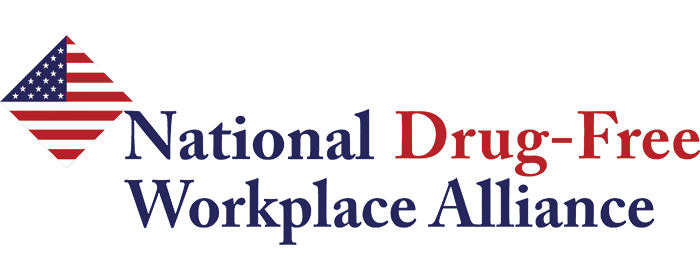The Issues at Work
Marijuana is more potent than ever. For dried marijuana, potency has risen from 4% in 1995 to 20% in 2015 according to a study by the National Institutes of Health (NIH). However, new methods of processing marijuana have yielded extremely high potency extracts called wax, shatter, dabs, butane hash oil (BHO), or honey oil, with THC levels up to 80% that can be inhaled using an e-cigarette type device called a vape. It can also be added to candies, cookies, sodas, and snack foods for easy and secret consumption making it possible for users to become quite intoxicated while no one else is the wiser.
Employers should be very concerned if they conduct highly sensitive operations, transactions or monitoring dealing with for example, finances, data, or security; performing safety sensitive functions such as driving or operating machinery; or working in dangerous conditions such as high elevations, with electricity, or in ditches.
What does this mean for the American workplace and the small business owner?
Pot Remains Federally Illegal
The biggest issue for states is that marijuana remains a federally scheduled, illicit drug. Federal legalization of marijuana would virtually eliminate all employer protection in hiring. In fact, it would give marijuana-using employees more job rights and protections than those employees who do not use the drug.
Confusing Laws and Employers’ Rights
The tangled web of conflicting and diverse laws and statutes being drawn across the country varies from state to state, from jurisdiction to jurisdiction, making this issue very confusing for all concerned. In the workplace, conflicts related to legalization issues will continue to arise and will be the subject of many future lawsuits, effectively keeping government, industry, employers, and employees in legal limbo for years to come. This will not come without a burden to society that includes legal fees, insurance costs, increased liability, higher taxes, environmental impact, lowered income, and added consumer expenses.
Generally, state courts have upheld employers’ rights to prohibit the use of marijuana or to be under its influence while at work. The issue has turned to the concern of fitness for duty by placing the burden of proving that the employee was impaired on the employer. Courts are increasingly ruling in favor of dismissed employees and job applicants with medical conditions on the basis of employment discrimination.
However, it is important to know that employees are not allowed to be impaired at the workplace. Additionally, no state has ruled against employers complying with federal drug and alcohol testing laws such as those that fall under the U.S. Department of Transportation.
Doing Business With The Federal Government
Doing business with the federal government, whether as a contractor, grantee or in a federally regulated safety-sensitive industry, such as transportation, could be jeopardized if the business is not in compliance with federal drug testing laws. Employees that possess a state medical-pot ID receive no dispensation from the federal regulations.
Our Future Workforce At Risk
Medical marijuana and recreational legalization efforts are effectively desensitizing our young people to the marketing game of “big marijuana,” an estimated $16 billion industry in 2019 that targets teens and young adults who will become lifetime users. Promoting pot use to our youth whose brains have not fully developed and are vulnerable is a striking blow to their future. Our nation is working to prepare our youth to enter the workforce through improved education and job skills, but no amount of training will be able to address the negative impact from substance use.
Looking Forward
In spite of all the legal issues surrounding pot, employers still need to know that marijuana is an intoxicant and should continue to treat it as such. Employers that promote a safe workplace and healthy lifestyles will fare the best over time. There is no doubt that the number of pot users will steadily increase but the good news is that most people do not use drugs and deserve to be protected from its harms in the workplace.





